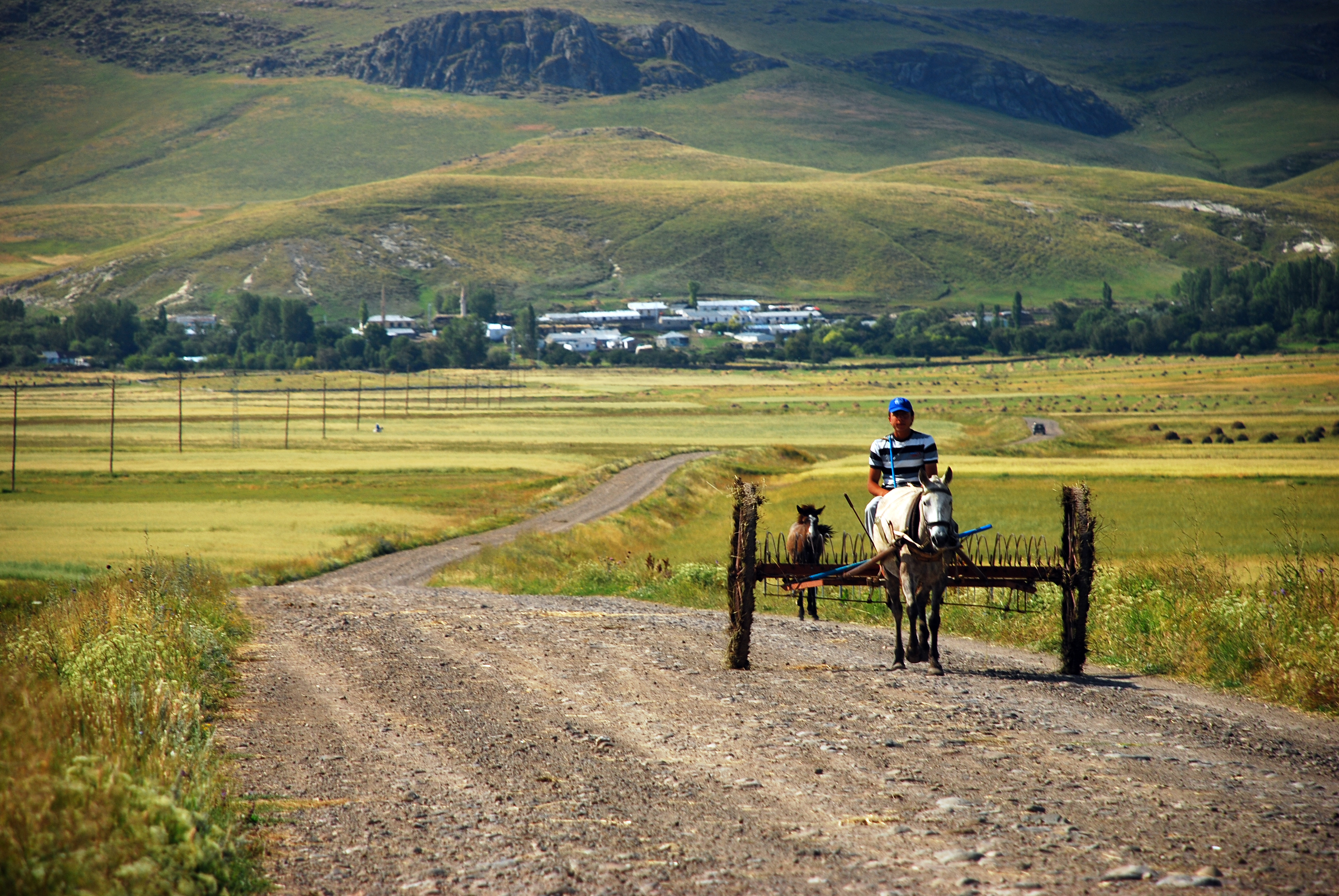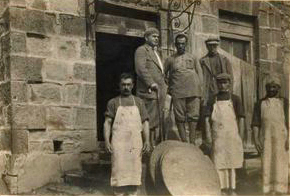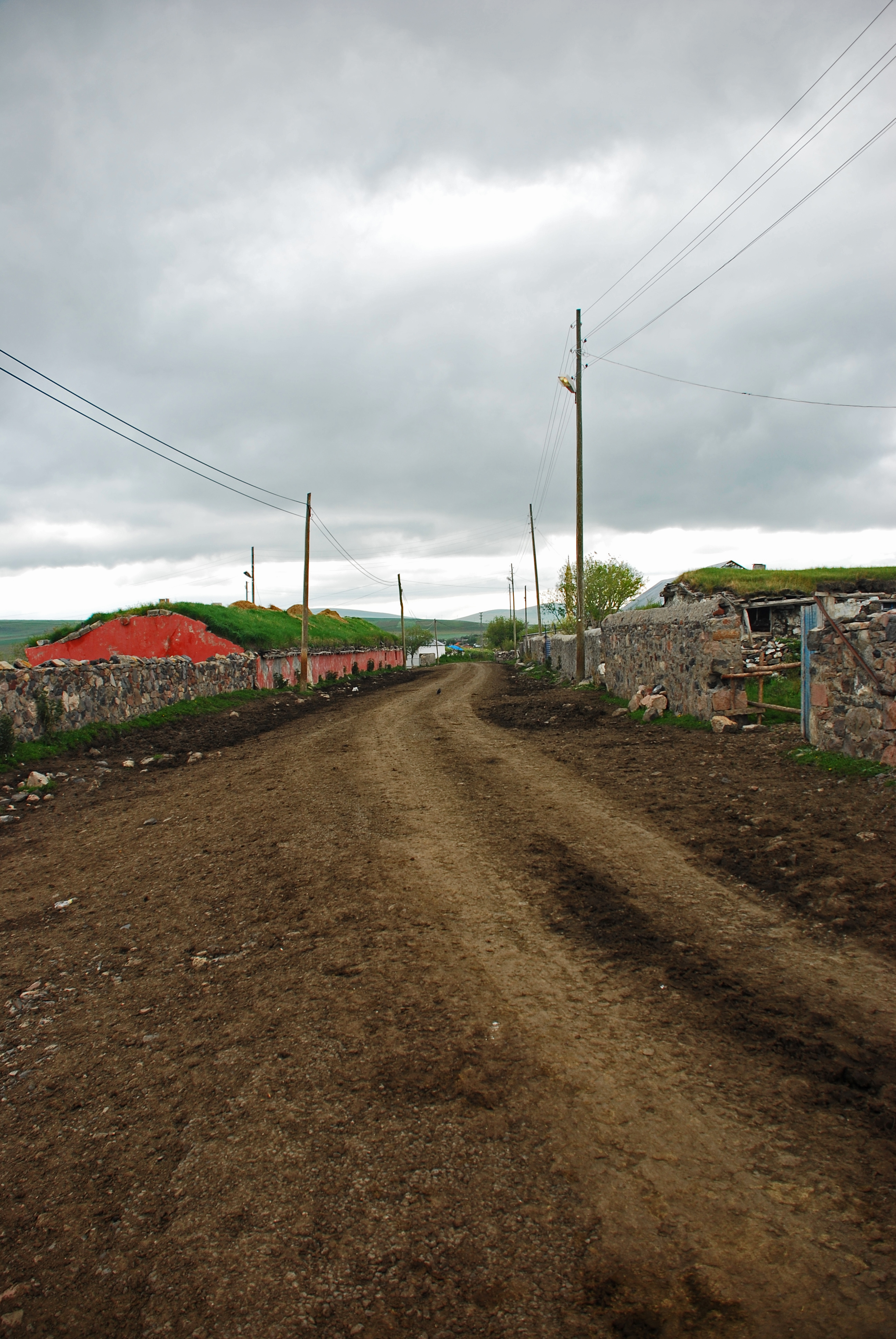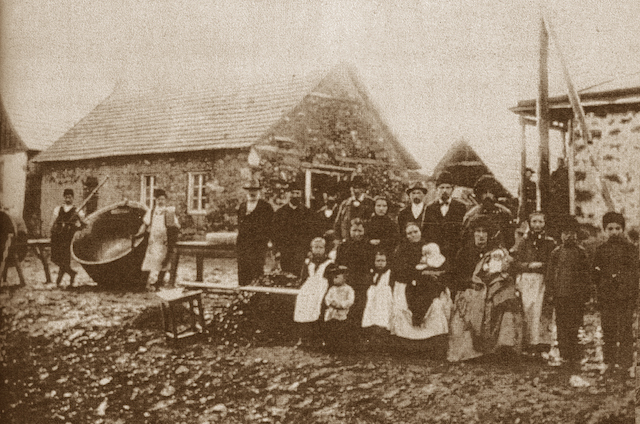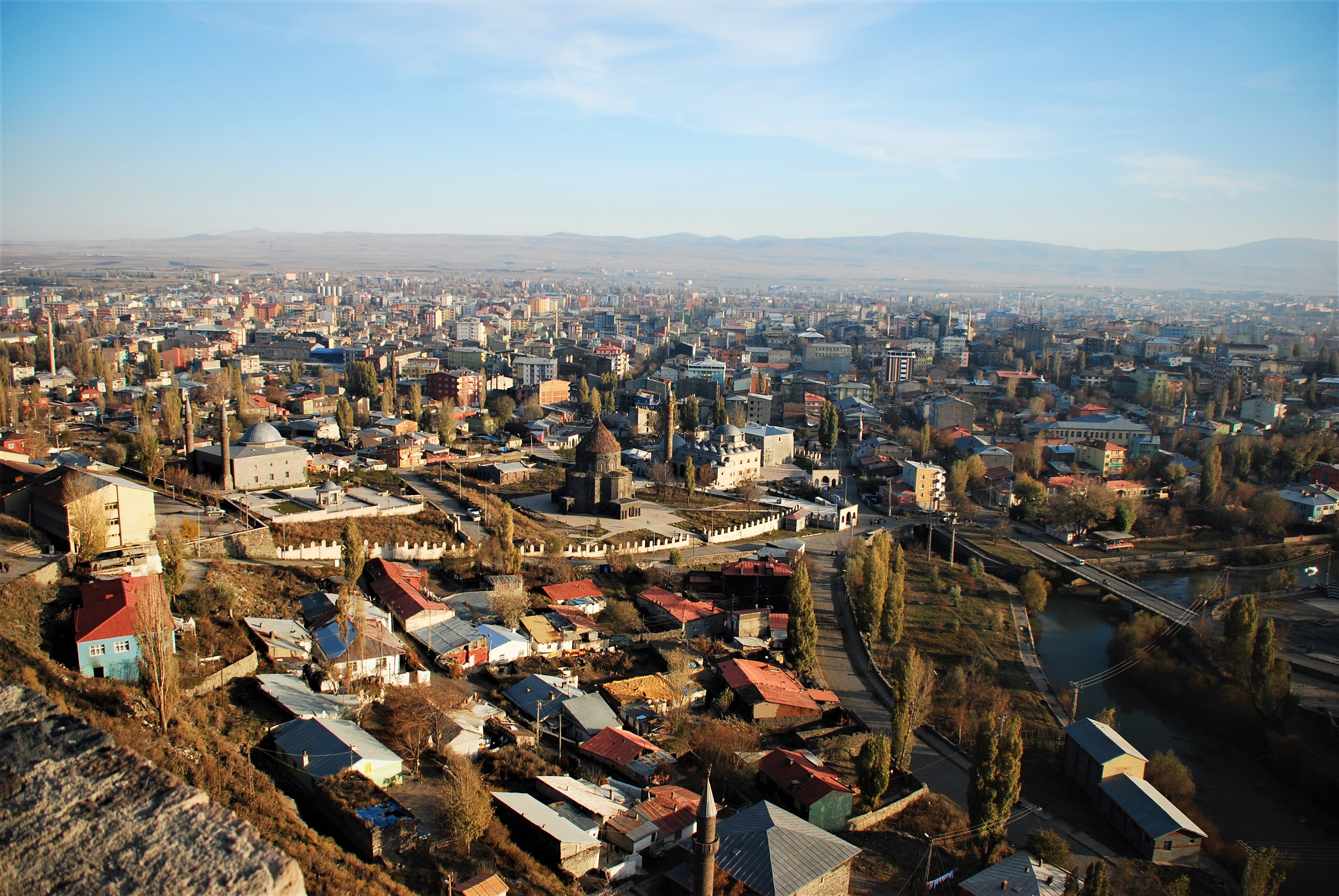Towards ecologically more sustainable Turkey, 2021 - 2023
Dr. Çare Olgun Çalışkan
Rural-Urban Solidarity Networks in search of an Ecologically Sustainable Turkey
The crucial role of food and rurality for the future
With the effects of the Covid-19 pandemic challenging the political imaginaries of urban growth and rural development in Turkey and elsewhere, the question of resilience in peri-urban areas becomes critically important. For the resilience of lands and livelihoods in peri-urban areas, food-based systems and networks of solidarity are of utmost importance. With the escalation of the pandemic, concurrent crises of ecology-climate, financial-economic and social health manifests their far-reaching implications on the potentialities of material subsistence, ecological preservation, and economic growth. Having these repercussions of concurrent crises at their background, interexticable relations between cities and their adjacent rural areas provide important sources for the development of economic solidarities, networks of agricultural production, and consumption based on food. At this juncture, the Boğatepe model manifests the significance of rural-urban networks, provides a fertile ground for how to reinforce them for the future.
This research project seeks to put forward a new approach for a more resilient and more sustainable future, considering the course of urbanization and the impacts of the ecological crisis. In this context, taking the Kars-Boğatepe model into its focus, it examines the importance of rural-urban solidarity networks in developing local economies and rural life. It also aims to look at the reflection of the issue not only in a country (Turkey) that is rapidly urbanizing and losing its rural power over time, but also in a country (Germany) with a different government system and level of development, in Berlin, and to make a comparative assessment. The research carries a different claim against the linear development models urbanization-oriented and disregarding nature and its limitations. This claim can prevent ecological crises by highlighting the rural and rural dynamics of life and developing alternative food networks and solidarity economies. This will also have a conceptual background referred to significantly alternative approaches of urbanization, rurality, degrowth, ecological crisis, and Covid-19 pandemic in terms of urban-rural relations. It can be divided into three main parts in the research priorities presented in a conceptual background light after an extensive literature survey and will take place mainly on the analysis of Turkey's field research course. With the research findings and conceptual-theoretical background readings, the last chapter will attempt to describe a new approach based on a general discussion and field research. With this new approach, if rural-urban relations are viewed through the future of food and from a solidarity perspective, the answer to the question of whether a more environmentally sustainable world is possible will be sought.
Dr. Çare Olgun Çalışkan
caliskan@tu-berlin.de
HABITAT UNIT -International Urbanism and Design Department
Institute for Architecture
Technical University of Berlin
Room A 621
T + 49 30 314 21830
Strasse des 17. Juni 152 / 10623 Berlin
www.habitat-unit.de
This 2-year research project was entitled to be funded in 2021 by the Academic Freedom Program of the Einstein Foundation.

